Isolation has a different meaning when it’s a choice. For some travelers, it’s not just about escaping people; it’s about finding peace away from the noise of the world. Across oceans and continents, there are islands so remote they seem untouched by time, yet they welcome visitors seeking something better than the usual vacation. For Nigerians looking for a mix of calm, discovery, and beauty, the world’s most isolated islands are now more accessible. Many offer visa-free or easy eVisa options, letting you step into paradise without the usual paperwork stress.
From the sparkling turquoise waters of the Indian Ocean to volcanic islands in the Pacific, these spots promise more than just beaches. They tell stories of preserved cultures, thriving ecosystems, and communities living in harmony with nature. Let’s explore the best remote islands that Nigerians can visit, where simplicity becomes luxury and distance offers freedom.
Seychelles: Africa’s Quiet Paradise
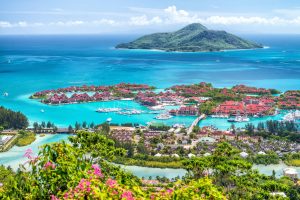
Few places capture the essence of isolation better than Seychelles, a group of 115 islands scattered like jewels across the Indian Ocean. For Nigerians, it’s one of the easiest and most rewarding island getaways on the continent.
Visa and Entry Details
Seychelles is visa-free for Nigerians for stays of up to 30 days. You need:
- A valid passport
- Proof of accommodation
- A return or onward ticket
- Sufficient funds (at least $150 per day recommended)
When you arrive at Seychelles International Airport (SEZ) in Mahé, you will receive a Visitor’s Permit for free. No waiting at the embassy or online applications just a warm Creole smile.
Why Visit
Seychelles is everything you picture when you think of an island paradise, granite cliffs, white beaches, and crystal-clear water that reflects the sky. Mahé, the main island, has lush mountain trails and stunning coastlines. Praslin features the UNESCO-listed Vallée de Mai, a primeval forest where the rare coco de mer palm grows.
For a true escape, take a ferry to La Digue, an island with hardly any cars only bicycles, beaches, and palm-shaded paths. Nigerians who have visited often call it “Africa’s Bali,” but quieter and cleaner.
Cost and Comfort
Daily costs vary based on your comfort level. Budget travelers can manage on ₦50,000–₦65,000 per day. Mid-range stays average ₦80,000–₦120,000, while luxury resorts can go beyond ₦200,000 a night. Local Creole food, like grilled fish and coconut curry, costs around ₦7,000–₦10,000 per meal, and public ferries between islands are inexpensive.
Flights from Lagos to Seychelles require connections through Addis Ababa or Nairobi, costing about ₦1.1–₦1.4 million round trip.
Seychelles is one of the safest places in Africa, where even at midnight, you won’t hear traffic just waves.
Mauritius: The Island of Harmony
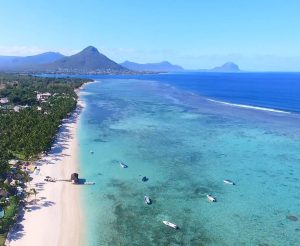
Off the southeast coast of Africa, Mauritius is another tropical paradise that warmly welcomes Nigerians. Known for its diverse culture, Mauritius beautifully blends African, Indian, and European influences.
Visa and Entry Details
Mauritius allows visa-free entry for Nigerians for 90 days. You need:
- A valid passport
- Proof of accommodation
- A return ticket
- Proof of sufficient funds (around $100 per day)
Immigration officials may ask for these at the airport, but the approval process is quick and friendly.
Why Visit
Mauritius feels like an island designed for relaxation and exploration. The beaches of Flic-en-Flac and Trou aux Biches are picture-perfect, while Chamarel amazes visitors with its Seven-Colored Earth a natural phenomenon of vibrant mineral dunes.
Inland, Black River Gorges National Park features hiking trails through waterfalls and tropical forests. If you’re looking for culture, the capital Port Louis has bustling street markets filled with spices and street food blending Indian, Creole, and Chinese flavors perfect for Nigerians who enjoy flavorful meals.
Cost and Comfort
Mauritius is reasonably priced. A mid-range traveler spends around ₦60,000–₦90,000 daily, while budget travelers can manage with ₦40,000. Flights from Lagos cost between ₦1.1 million and ₦1.4 million, connecting through Nairobi or Addis Ababa.
English is widely spoken, and the people are incredibly friendly much like Nigerians, they enjoy conversation, food, and football.
Comoros: Africa’s Hidden Island Nation
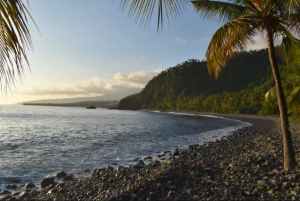
Between Madagascar and Mozambique lies Comoros, one of Africa’s least visited and most authentic island nations. It’s small, volcanic, and peaceful the type of place where time slows down to the tide’s rhythm.
Visa and Entry Details
Comoros offers visa-on-arrival for Nigerians. The visa costs about €30 (₦45,000) and allows for a 45-day stay. Bring a valid passport, return ticket, and proof of accommodation. You will pay in cash at Prince Said Ibrahim International Airport in Moroni.
Why Visit
Comoros is raw and real free from commercial resorts and heavy tourism. Instead, you’ll find quiet villages, black-sand beaches, and forests filled with giant fruit bats. Mount Karthala, one of the largest active volcanoes in the world, offers challenging hikes and stunning views.
For Nigerians seeking untouched beauty, Comoros offers a grounding experience, a reminder of how peaceful simplicity can be.
Cost and Comfort
Daily expenses range from ₦30,000–₦50,000, with local seafood dishes costing under ₦5,000. Accommodation is limited but comfortable, dominated by small hotels and family-run lodges.
Flights connect via Nairobi or Addis Ababa and cost about ₦950,000–₦1.2 million round trip.
Although Comoros has fewer facilities than Seychelles or Mauritius, its serenity and authenticity make it one of the most rewarding islands to explore in Africa.
Fiji: The Pacific’s Distant Dream
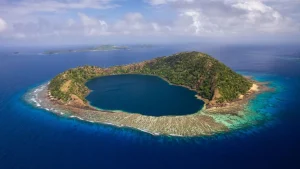
Crossing the world’s largest ocean lands you in Fiji, a remote paradise famous for its coral reefs, crystal lagoons, and warm island culture. Although it sounds far away, it’s surprisingly accessible for adventurous Nigerians.
Visa and Entry Details
Nigerians must apply for a Fiji visitor visa before traveling. Applications go through the Fiji Immigration Department at immigration.gov.fj.
You will need:
- A passport valid for 6 months
- A completed visa form
- A passport photo
- Proof of accommodation and return flight
- Proof of funds (recommended $100 per day)
Processing takes about 10 working days, and the visa fee is $70 (₦112,000). Once approved, you can stay for up to 90 days.
Why Visit
Fiji is all about community every visitor is greeted with a smile and “Bula!”, which means life and health. The islands have over 300 islets, each with unique landscapes from luxury resorts on Denarau Island to diving reefs around Taveuni.
Nigerians who visit often love how genuine and relaxed life is here. There’s no rush or noise just the sound of the Pacific. Snorkeling, kayaking, and cultural dance evenings are common, and the food is rich with tropical flavors like coconut milk, fish, and root vegetables.
Cost and Comfort
Flights from Lagos are long, averaging 24–26 hours with connections via Doha and Sydney. Round-trip costs range from ₦2 million–₦2.4 million. Daily expenses for mid-range stays are ₦70,000–₦100,000, and luxury resorts can reach ₦250,000 per night.
Despite the distance, Fiji’s warmth makes the journey worth it, it’s the ultimate once-in-a-lifetime island getaway for Nigerians looking for peace after motion.
Cape Verde: West Africa’s Atlantic Gem

Closer to home, Cape Verde (Cabo Verde) strikes a balance between accessibility and exotic beauty. Just off the coast of Senegal, this group of ten islands feels like a slice of the Caribbean on African soil.
Visa and Entry Details
Nigerians can enter Cape Verde without a visa for 30 days. You will need:
- A passport valid for 6 months
- A return or onward ticket
- Proof of accommodation
When you arrive, you’ll fill out a short immigration form, and that’s it.
Why Visit
Cape Verde combines Portuguese charm with African rhythm. The islands are diverse Sal is famous for beach resorts and blue waters, Santiago for its history and nightlife, and Fogo for its active volcano where locals cultivate wine on volcanic soil.
The local music, especially morna, the national sound, fills cafés and seaside bars. It’s soulful, emotional, and rooted in African culture.
Cost and Comfort
Flights from Lagos connect via Dakar or Lisbon, costing around ₦950,000–₦1.3 million. Daily budgets average ₦35,000–₦55,000, and local meals like grilled tuna, rice, and beans cost under ₦5,000.
Cape Verde is one of the easiest islands for Nigerians to visit and one of the safest in the Atlantic. It’s perfect for travelers who want an island experience without leaving Africa’s pulse.
Tips for Nigerians Exploring Remote Islands
- Check flight connections early: Limited schedules often affect remote islands.
- Carry multiple cards and some USD cash: Small islands may not accept naira easily.
- Travel insurance is essential: This is especially important for places with limited medical facilities.
- Respect local customs: Modest dress is appreciated outside resort areas.
- Stay longer, move slower: The charm of remote islands lies in their unhurried pace let time fade.
From the coral-fringed beaches of Seychelles to the volcanic heights of Comoros and the distant magic of Fiji, the world’s isolated islands are no longer distant dreams they are open doors. For Nigerians who seek peace over crowds and authenticity over routine, these places softly remind you that often, the best connections happen where the world seems to end.


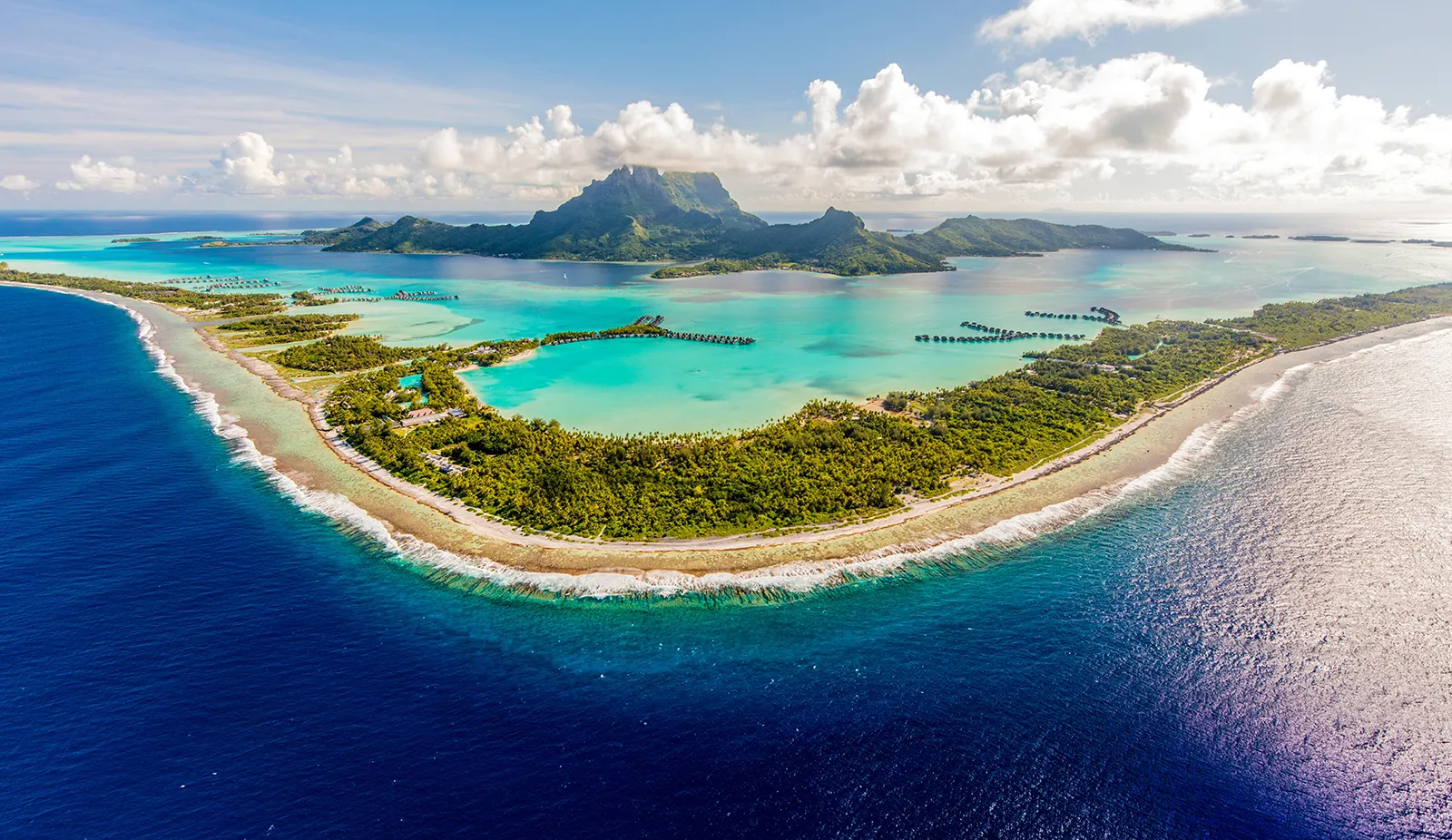
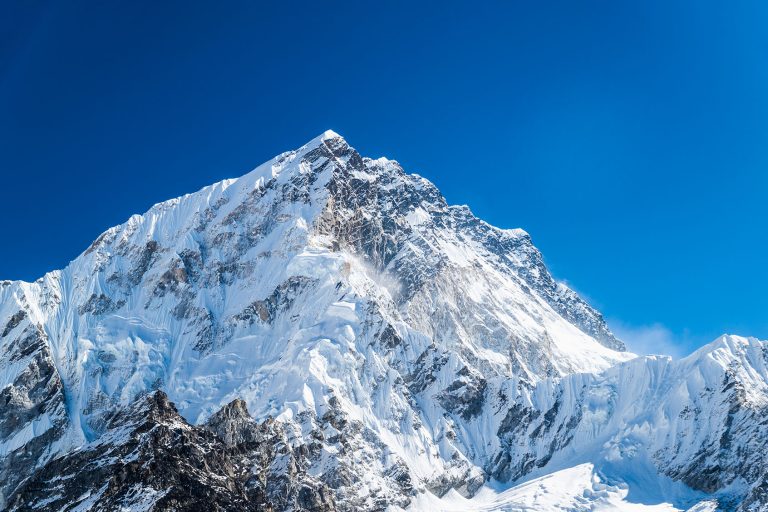

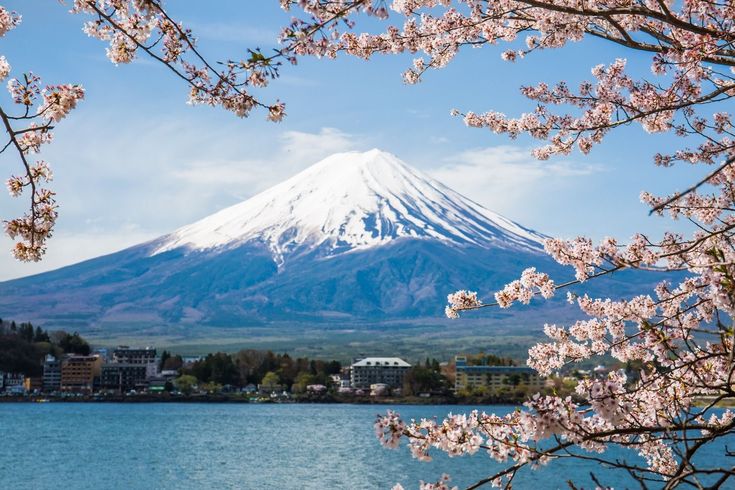
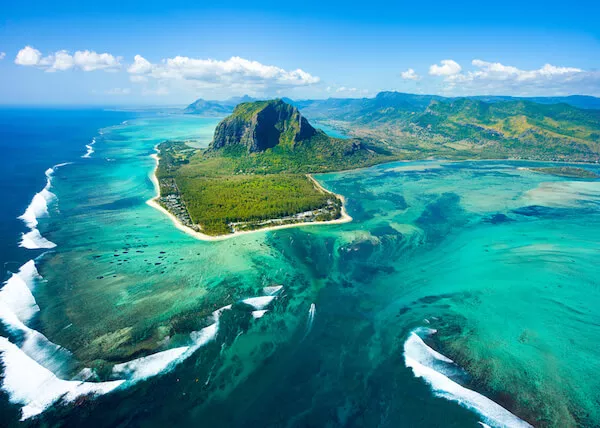
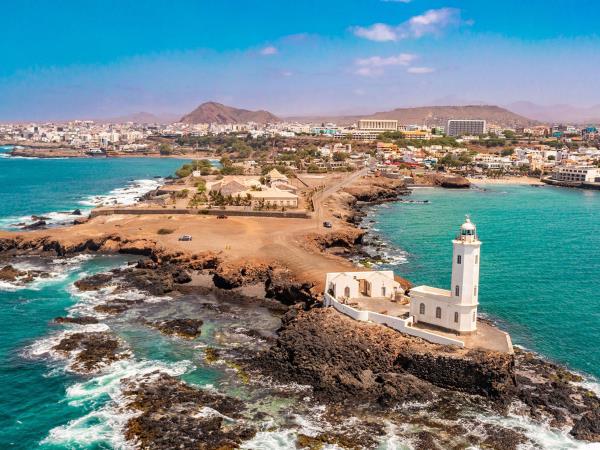
Leave a Comment